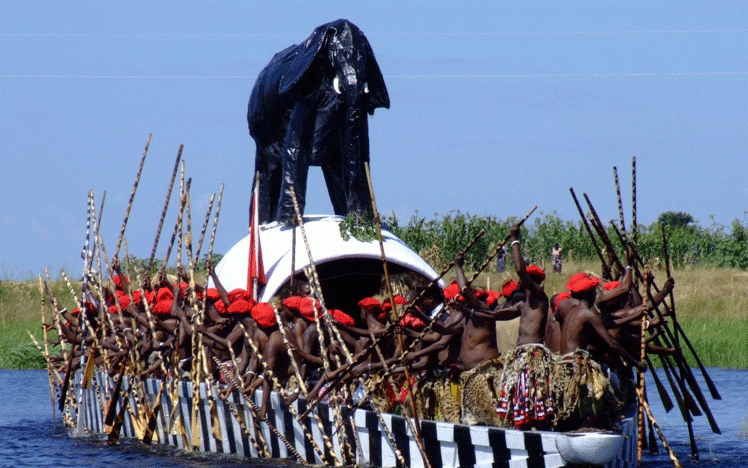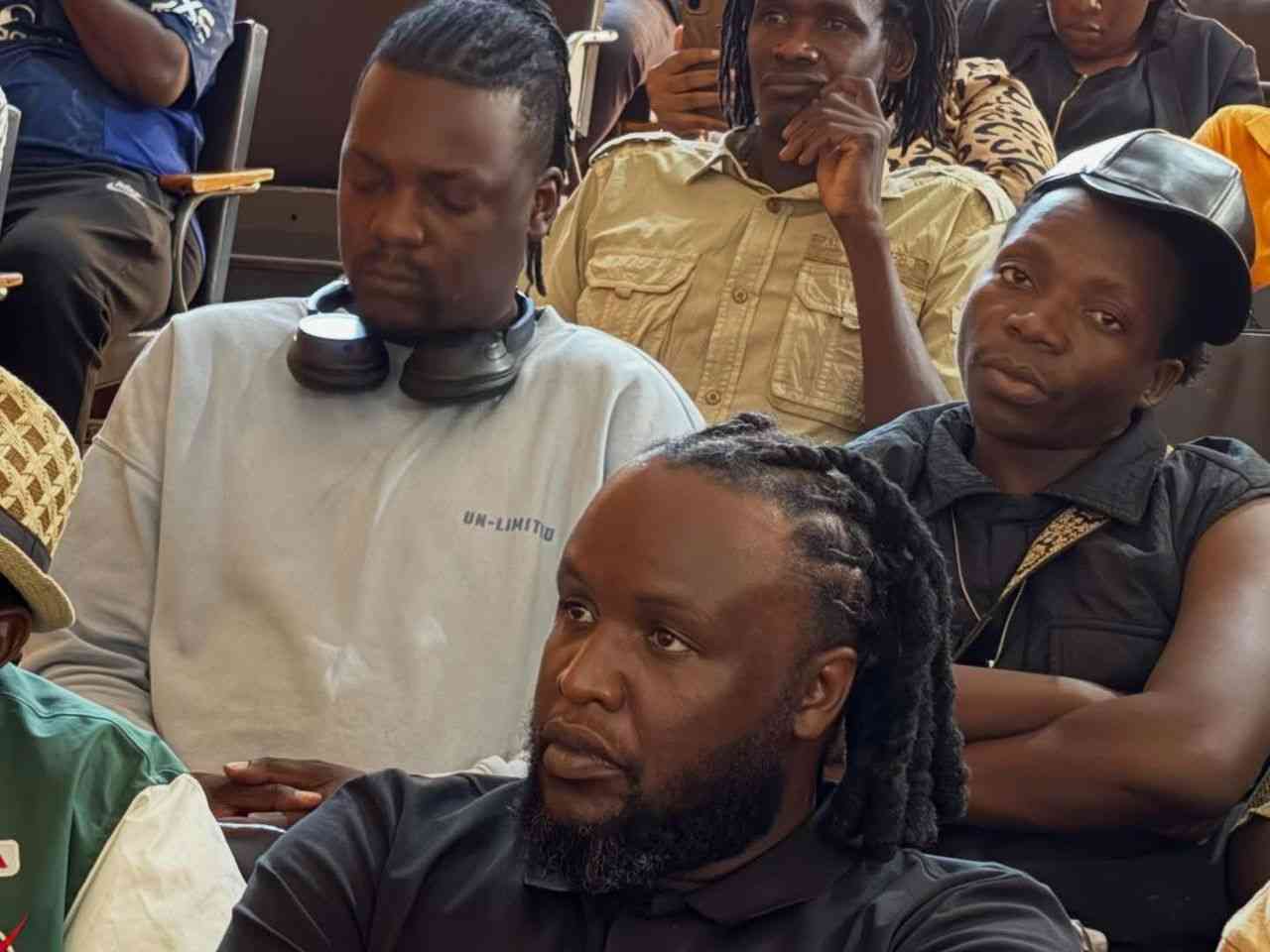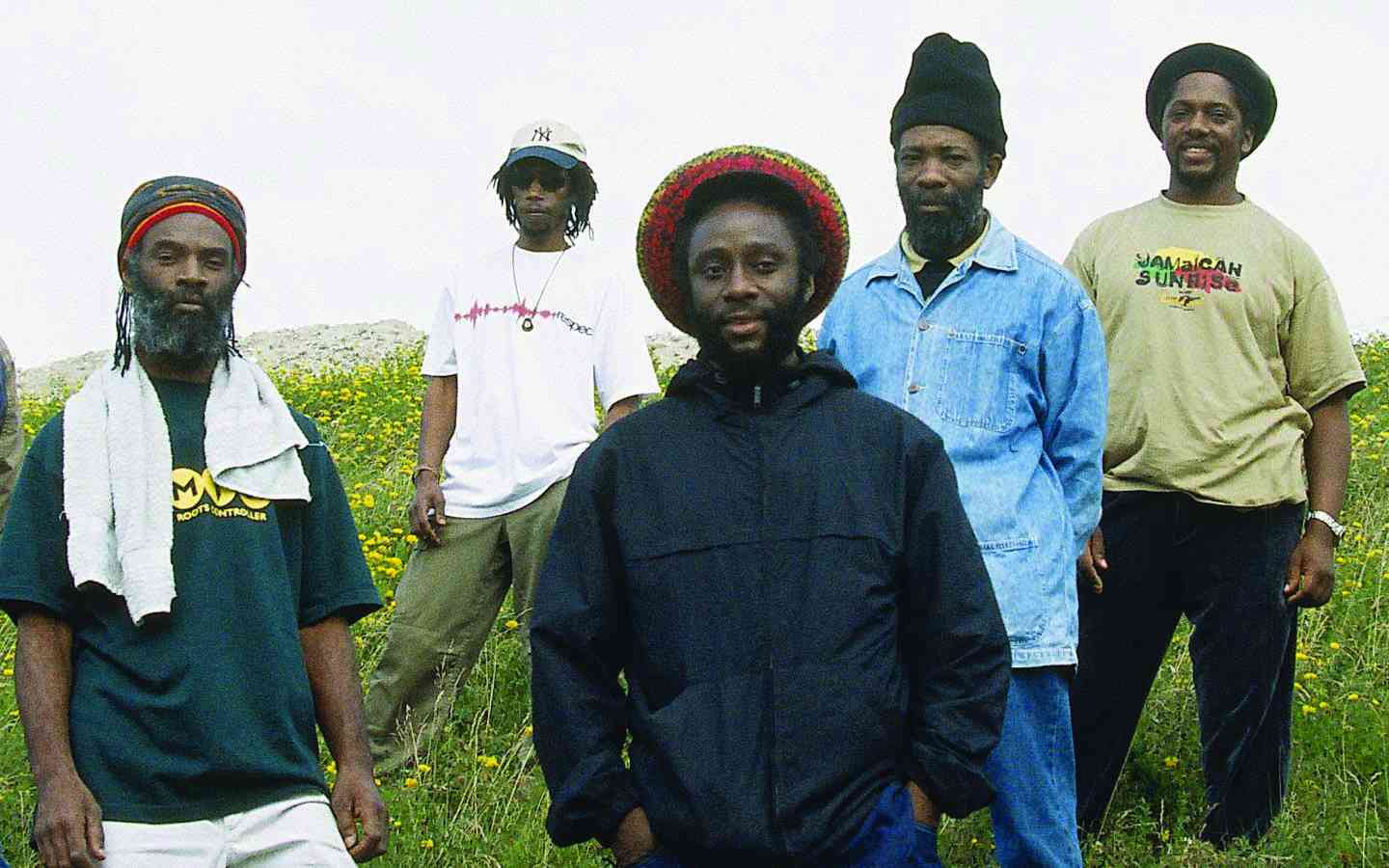
ZIMBABWE has diverse cultural ceremonies whose richness may be traced to the spiritual and ancestral realm.
Each and every tribe do at times carry out their ceremonial gatherings in different formats and perform particular rites to conform with tradition and culture inherited from their forefathers.
However, there are various types of ceremonies, from initiation rites, paying tributes to traditional leaders or ancestors, victories over other tribes, annual harvests among others.
Some countries’ tourist promotion bodies put emphasis on such events to both local and foreign visitors and this has somehow proven to be a force to reckon within the travel and touring industry.
One such traditional ceremony that comes into Yours Truly's mind is Ku-omboka which is held annually in the Western Province, Zambia where it has been practiced by the Lozi tribe for more than 200 years.
The term Ku-omboka in Lozi lingo means 'emerging out of the water' and it is a tradition that has always been practiced by the Barotse/ Lozi as they temporarily migrate to higher plateau during flooding seasons.
The Ku-omboka normally takes place between February and April with the king's movement being determined on how quickly the water rises on flood plains.
Oral tradition has it that this type of migration was carried out several years ago when a huge flood killed a lot of people in the Barotse plain with crops and animals being divested in the process.
- SanganaiHlanganani Expo dates set
- Govt challenges youths to participate in tourism
- Public relations :How to get ROI from expos like Sanganai/Hanganani
- HAZ annual congress to reset tourism success
Keep Reading
This necessitated movement to a dry and safe area for both the king and his subjects hence this annual pilgrimage.
The Barotse king (Litunga) is transported in a specially designed black and white striped royal barge popularly known as nalikwanda from his summer palace on the flood plain to higher ground several kilometres away in Mongu the provincial capital. The summer palace is situated in Lealui in midst of flood plain.
The Litunga, donning Barotse traditional attire aboard nalikwanda is propelled by more than 100 oarsmen wearing animal skins around their waists sporting red bright berets and in the process chanting traditional songs while also pounding their patterned oars in unison.
It is considered to be an immense honour to paddle the royal barge and oarsmen jostle on having such a privilege while some have been in such a role for more than a decade. Other barges carrying the king's personal belongings, his family and prime minister (ngamela) intricately follow behind.
Local dignitaries such as politicians, general public and tourists follow in quick pursuit the royal flotilla whose spectacle has resulted in hundreds of local and foreign visitors come to watch this dramatic procession.
Several hours are taken to row the king across the flood plain to his winter palace situated in Limulunga near Mongu and his arrival is punctuated by billows of smoke emanating from the royal barge while ears of huge model elephant sitting atop of the barge flap vigorously.
Large crowds gather at the river bank patiently waiting for the king’s arrival while musicians draped in traditional attire would be playing their cultural music.
Upon arrival the Litunga emerges from his royal barge and this time wearing a Victorian British admiral uniform. It is said this tradition originated from colonial times and the picturesque of a traditional king in a European suit from a long gone era is quite interesting in this traditional African ceremony.
Upon arriving from the barge, the Litunga walks up the road to his winter palace where he sits on his throne in preparation to receive the prime minister and his cabinet.
The festivities then begin until the following day and in the process marking the end of an eventful and enjoyable expedition.
Footnote: Some of the information was gleaned from Zambia Tourism Board an organisation similar to our Zimbabwe Tourism Authority.
Yours Truly envisages such a time when he is invited to similar traditional ceremonies held in our motherland as part of tourism promotion among others.
- Comments always welcome on: [email protected] or Twitter@DubeBurzil










